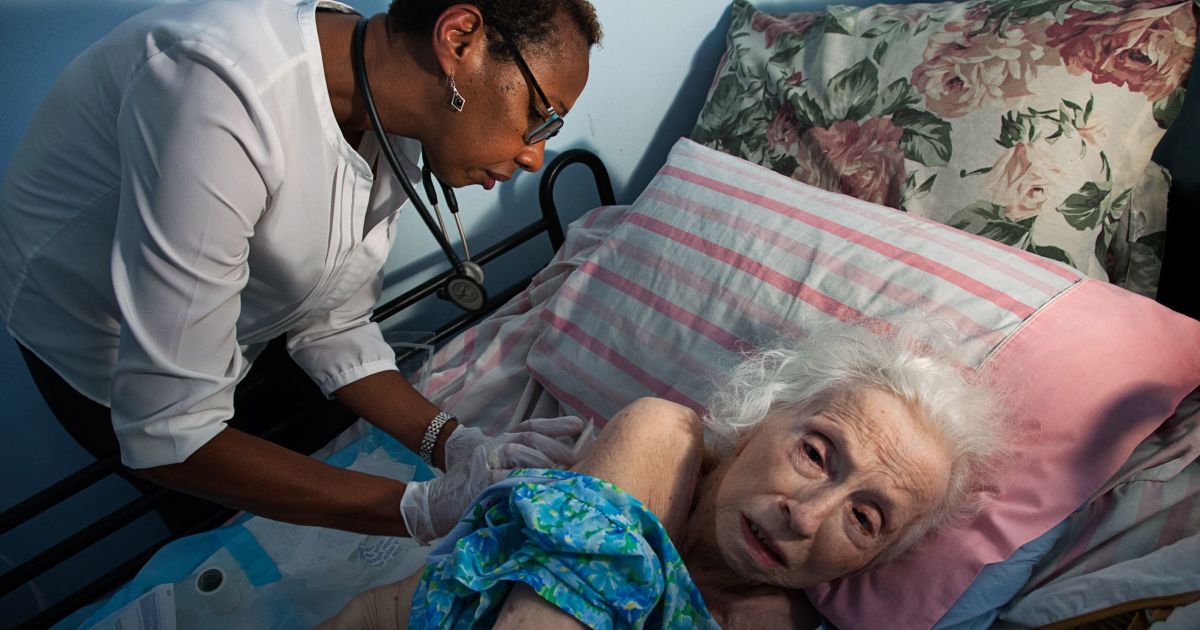If you have been following the assisted dying discussion that is happening in Canada, you know that some patients have been denied medically assisted dying. The reason for this was not because the individuals failed to meet the necessary legal requirements, but because the hospitals/care facilities in which they found themselves would not provide the services to carry out the patients’ wishes.
In a recent article, André Picard argues that hospitals have no right to refuse a patient assisted dying. As he poignantly states:
It is reasonable for individual physicians and nurses to declare a conscientious objection and not participate in assisted death. But a hospital or nursing home has no such right. Publicly funded institutions cannot arbitrarily decide what services they will provide, nor should they be able to shunt dying patients around like sacks of rice.
Click here to read the full article.



